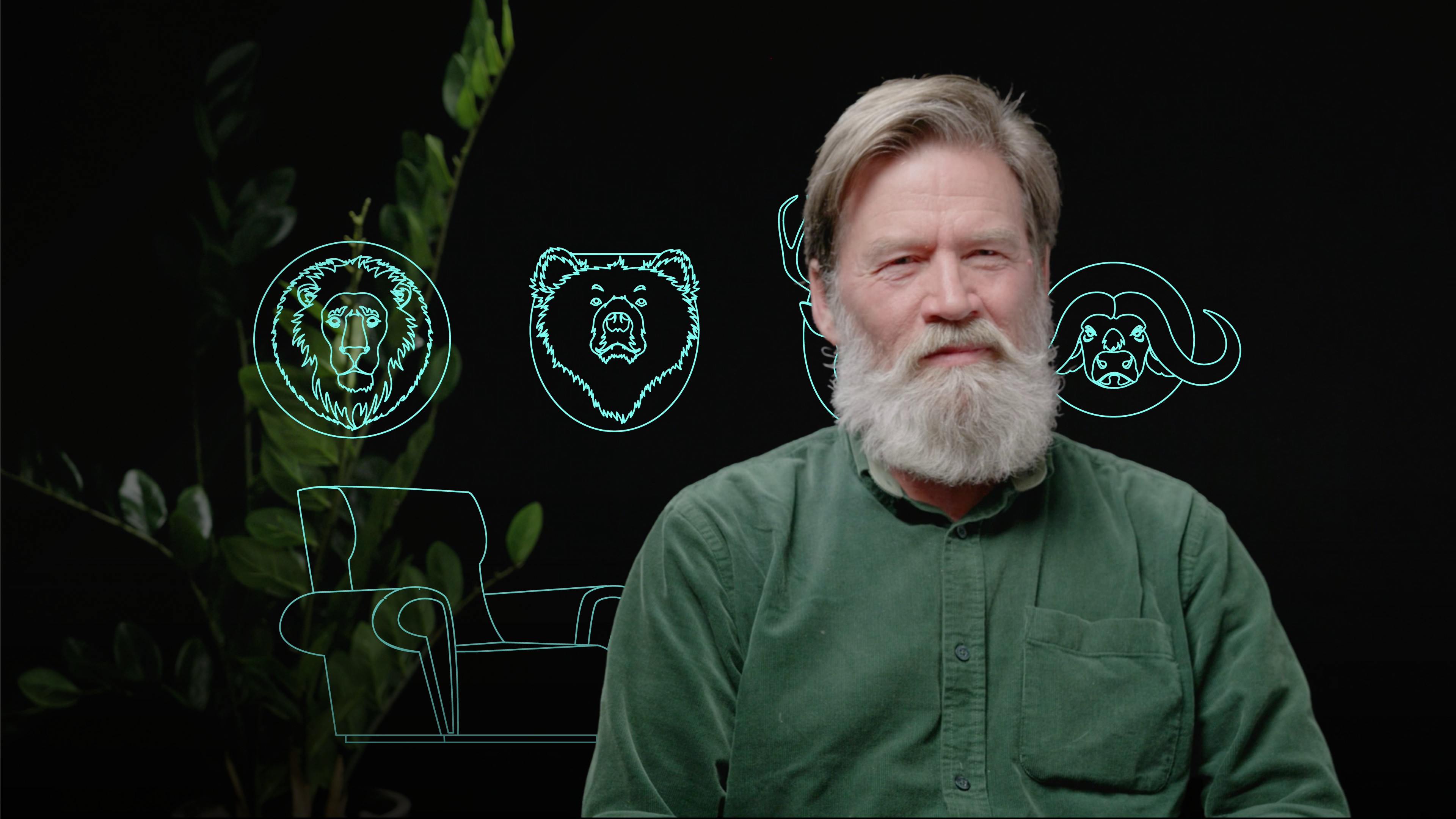
How Animal Conservation Protects Biodiversity

Ian Redmond
Biologist & Head of Conservation: Ecoflix
Animal conservation and biodiversity are interwoven. But our perception of animals and their value lie in the aesthetic not the ecological. Join Ian Redmond as he discusses why this must change.
Animal conservation and biodiversity are interwoven. But our perception of animals and their value lie in the aesthetic not the ecological. Join Ian Redmond as he discusses why this must change.

How Animal Conservation Protects Biodiversity
15 mins 19 secs
Key learning objectives:
Outline how conservation affects biodiversity
Understand how our cultural perception affects animal conservation
Describe the struggles of park rangers
Overview:
Poaching typically involves setting snares to trap the limbs of mammals. Some animals can escape with the snare attached but it will become stuck inside the bone of the animal and cause an infection. These immunocompromised animals are more likely to fall ill and become contagious, spreading zoonotic diseases that can cause the next pandemic. We must start to think of animals not in terms of their aesthetic value but their ecological value. We must then aid park rangers in achieving this goal by providing training, equipment and support.

Ian Redmond
There are no available Videos from "Ian Redmond"

